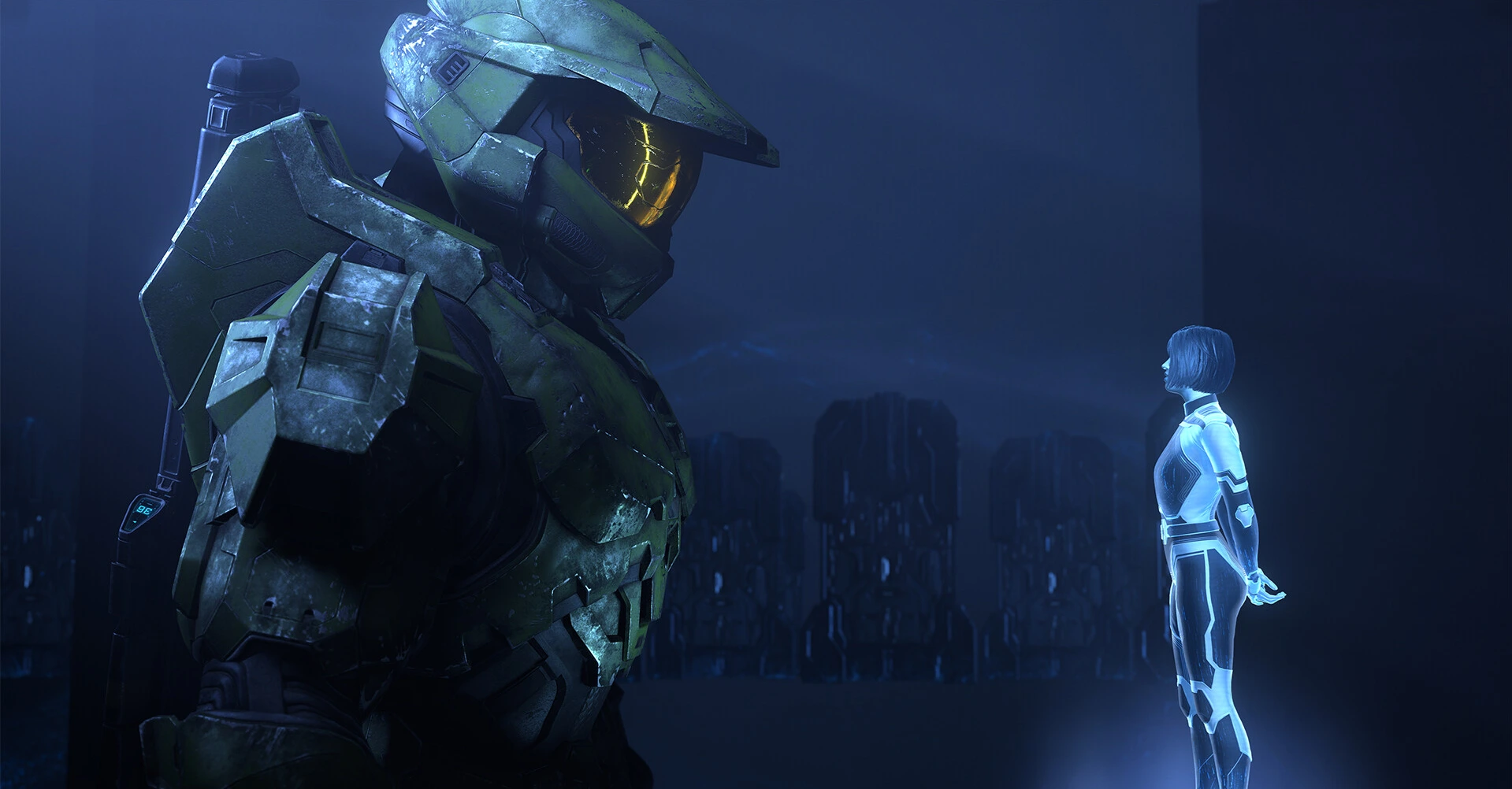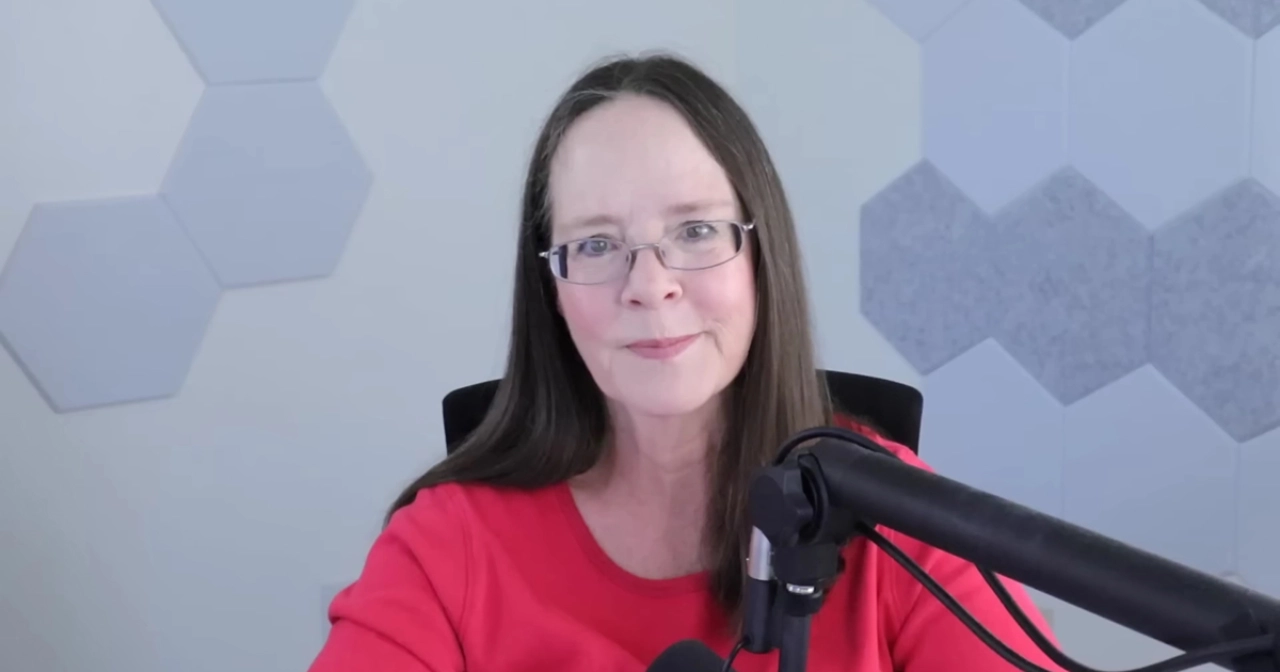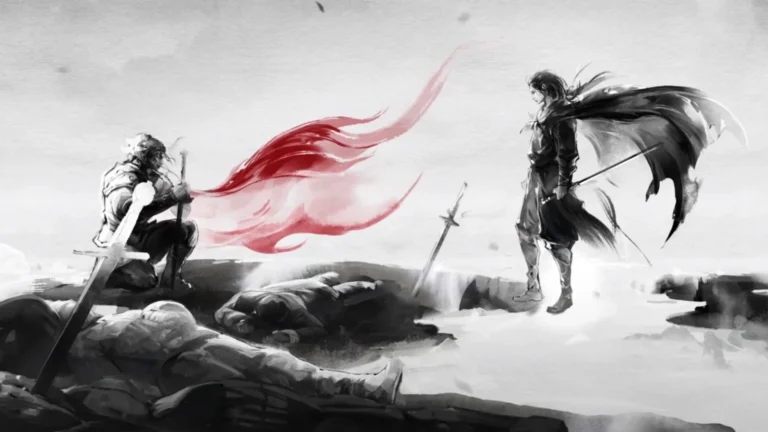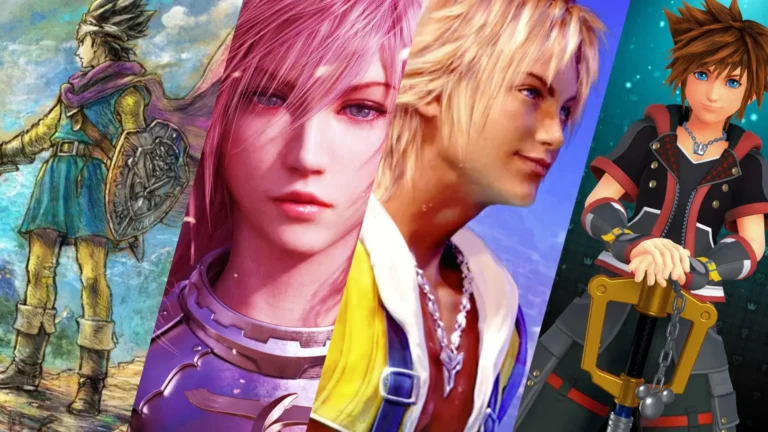It hasn’t been the best year for Redmond’s largest games company. Over the last few months, Xbox has found itself embroiled in criticism, stemming from mass layoffs, cancelled projects, and higher costs on Xbox consoles. Not helping is the recent announcement of increased prices on Game Pass, generating much ire among long-time subscribers. But it’s not just the average gamer taking issue with the company. Laura Fryer, co-founder of the Xbox project, shared her thoughts on the Game Pass changes, and she didn’t mince her words.
“I’m not sure they’re listening to their fans.”
Fryer started at Microsoft in the 90’s, helping to popularize the Internet Gaming Zone prior to joining the original Xbox project. The console’s success became a foundational moment for Microsoft’s gaming business, carrying them into the present day. But Laura admits she was skeptical in the lead-up to the Xbox’s launch, wondering if such a drastic change in Microsoft’s business model would end up backfiring. Now, in 2025, she says she gets the same feeling looking at the Game Pass price increases.
Speaking about the company’s leadership, “I’m not sure they’re listening to their fans. They keep doubling down on decisions that make it clear they’ve been in a bubble, and that all of this feedback doesn’t seem to reach them anymore.”
Fryer also quipped that the video Xbox posted announcing the Game Pass update did “get it right.” “They did give their fans the freedom to choose, and they have. They’ve left.” She points to the trailer as further proof of leadership problems and a “yes-man” culture that she witnessed in 2008, one year before she left the company.
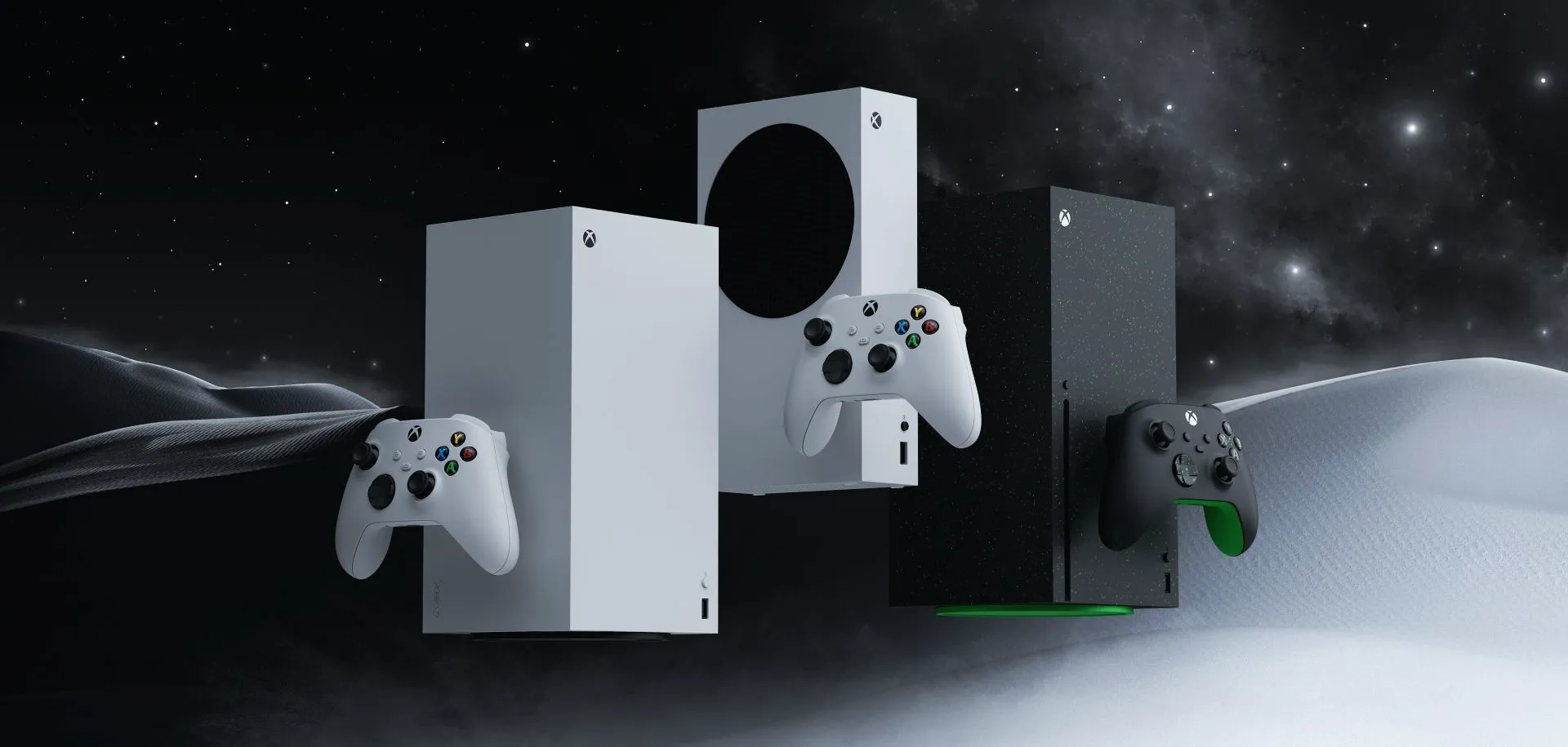
The Console Problem
The Xbox co-founder also pointed out Microsoft is running into a problem by detaching its gaming business from the console. She contends that the hardware serves as the anchor to keep fans within the Microsoft gaming ecosystem. By reducing the need to have an Xbox console to use Game Pass, the brand becomes synonymous with the subscription service. And when Pass prices go up, gamers may start looking at different platforms for a better deal. Still, the hardware was only one part of what held up Xbox as a brand.
“It was bigger than just one product. By controlling the full stack, the hardware, the operating system, the exclusive content, it gave them the ability to set the rules for the players, publishers, and partners. And it worked. It created a cultural identity.”
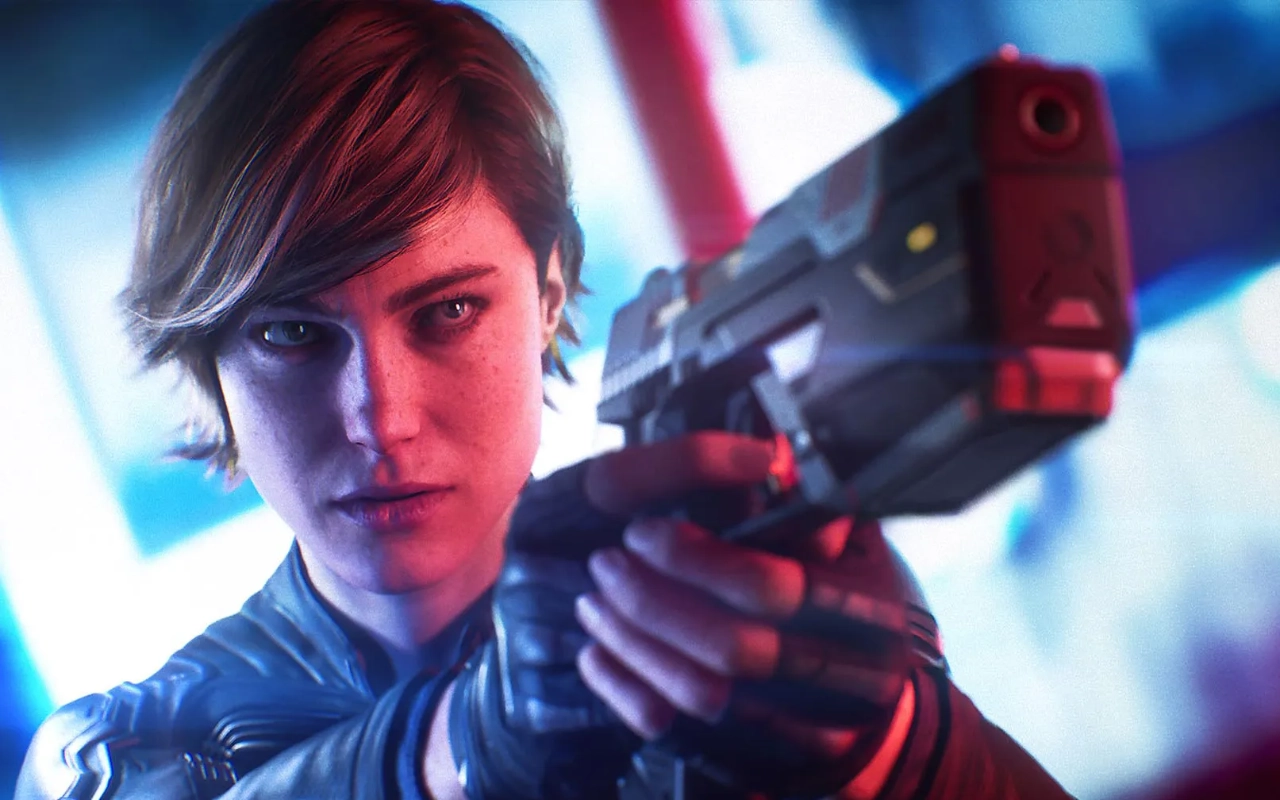
Fryer does sympathize with Microsoft’s desire to get away from the console business. She says they’ve never been as good at cost reduction as Sony or Nintendo, and the recent price increases seem to prove Fryer right. But she argues against a subscription-based model for Xbox. Comparing it Netflix, she says the streaming company earned their profit margins by scaling their business up, keeping costs stable while expanding reach and prices. Microsoft meanwhile hasn’t been able to keep production costs for games manageable, and now they have fewer exclusives to entice new and long-time customers. They’re also producing fewer consoles to get people into the Xbox ecosystem to begin with.
“Don’t get me wrong there are good developers at Xbox. But when you have leadership that doesn’t understand or care to cater to fans of the Xbox brand, how can they understand what you’re trying to build? I know that many of them don’t love this weekly Xbox drama, they just want to make games.”
Throwing Out the Last Advantage
In Fryer’s mind, Game Pass was the last real advantage Xbox had as a brand, offering hundreds of games and day one AAA releases. But the price hikes have felt like a betrayal for many fans. Even press outlets that were favorable towards Microsoft are souring on the brand. Fryer says the company can no longer hide behind influencers and good media coverage. She even believes the PR “win” of the ROG Ally handheld selling is owed to a low number of units produced, not because of overall enthusiasm.
And Fryer thinks the company’s sinking reputation is a shame. She remembers the bad press Microsoft had in the 90’s, coming out of a notorious anti-trust case. Xbox changed that. “It made the company feel approachable, fun, and less serious. It sparked excitement across the organization. By day you might debug a printer driver, but by night you were gaming on a cool console. And that console was made by your company.”
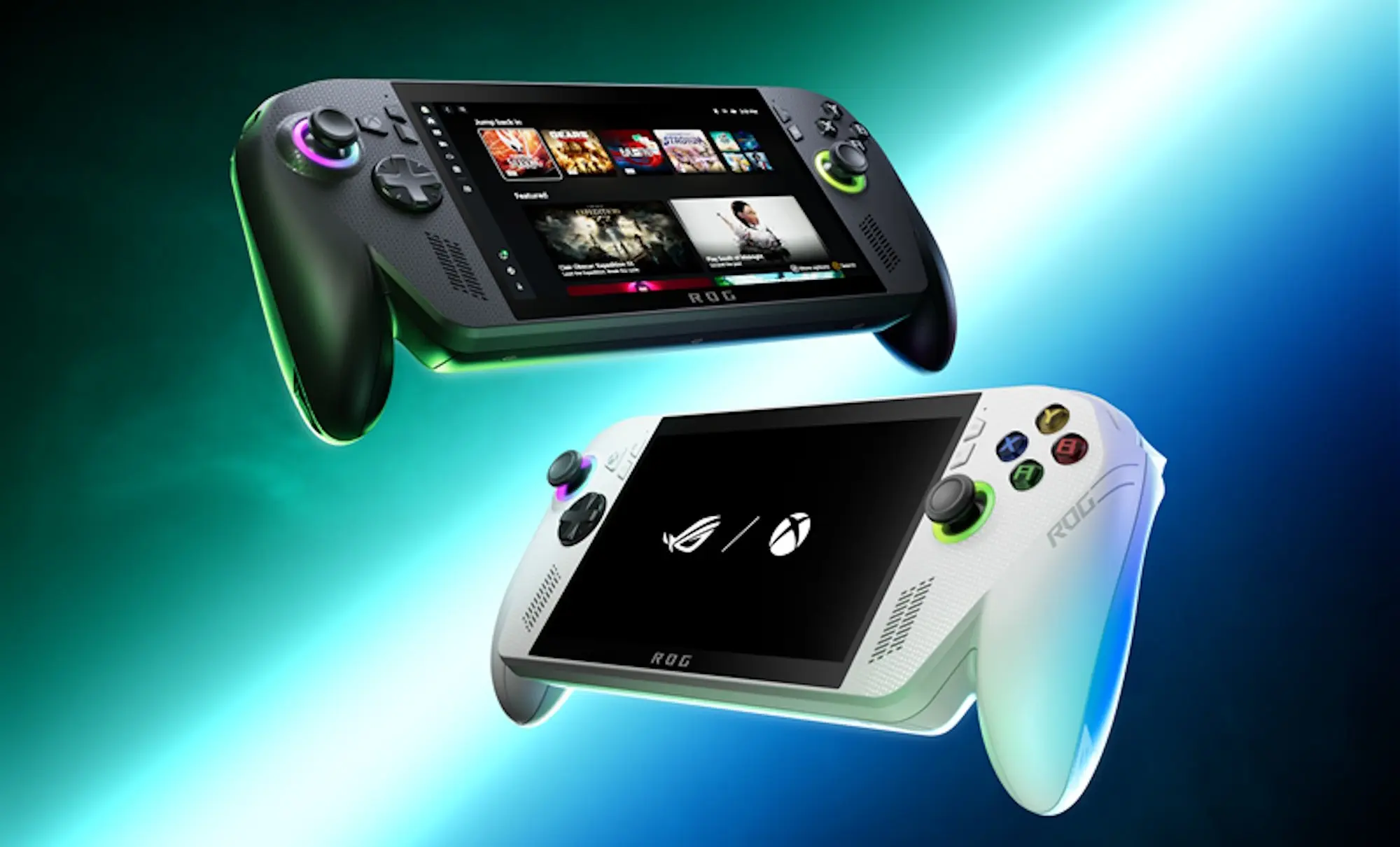
She also warns that Xbox’s leadership issues may end up alienating valuable workers as well. She cited a recent case where top AI engineers declined opportunities at Meta to work at X AI. Even though the signing bonuses at Meta would have been extremely generous (hundreds of millions of dollars generous), they went to X because they preferred the company culture and mission there. If Xbox isn’t careful, it won’t matter how much they offer in monetary bonuses. If the company’s leadership can’t be trusted to make the right decisions, developers will look for other opportunities.
“Ultimately, whether it’s a money grab or mismanagement, the outcome is the same. Xbox, and now Microsoft, faces a problem. They need to rebuild trust with gamers and fans.” Still, Fryer wishes the Xbox team the best. She says there are still developers in Redmond who are listening to the fans. If Xbox takes a moment to listen to them, she knows things can turn around for the gaming giant.
You can view Fryer’s channel for more videos from an industry veteran. For more coverage, check out our other games section.
